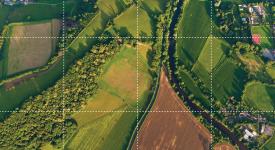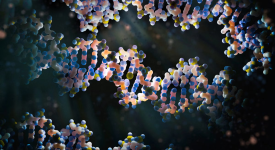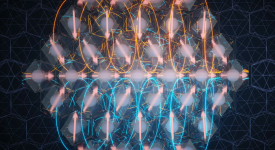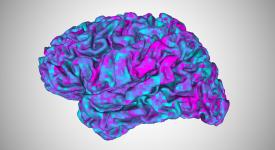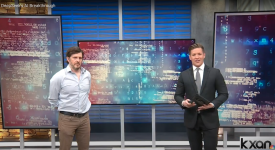Adaptive Anatomy: 3D Models That Fit Every Form

12/17/2025 - Digital modeling is one of the most widely used tools for bringing bodies to life in 3D. Created from thousands of everyday images and videos, 3D generative models employ artificial intelligence to help us understand the structure of animals and humans. These models are essential for a wide range of real-world applications, including biological research and surgical planning. Existing generative models, however, have limitations as they rely on training data that consists of fixed, typical skeletal structures—and nature is anything but typical.






